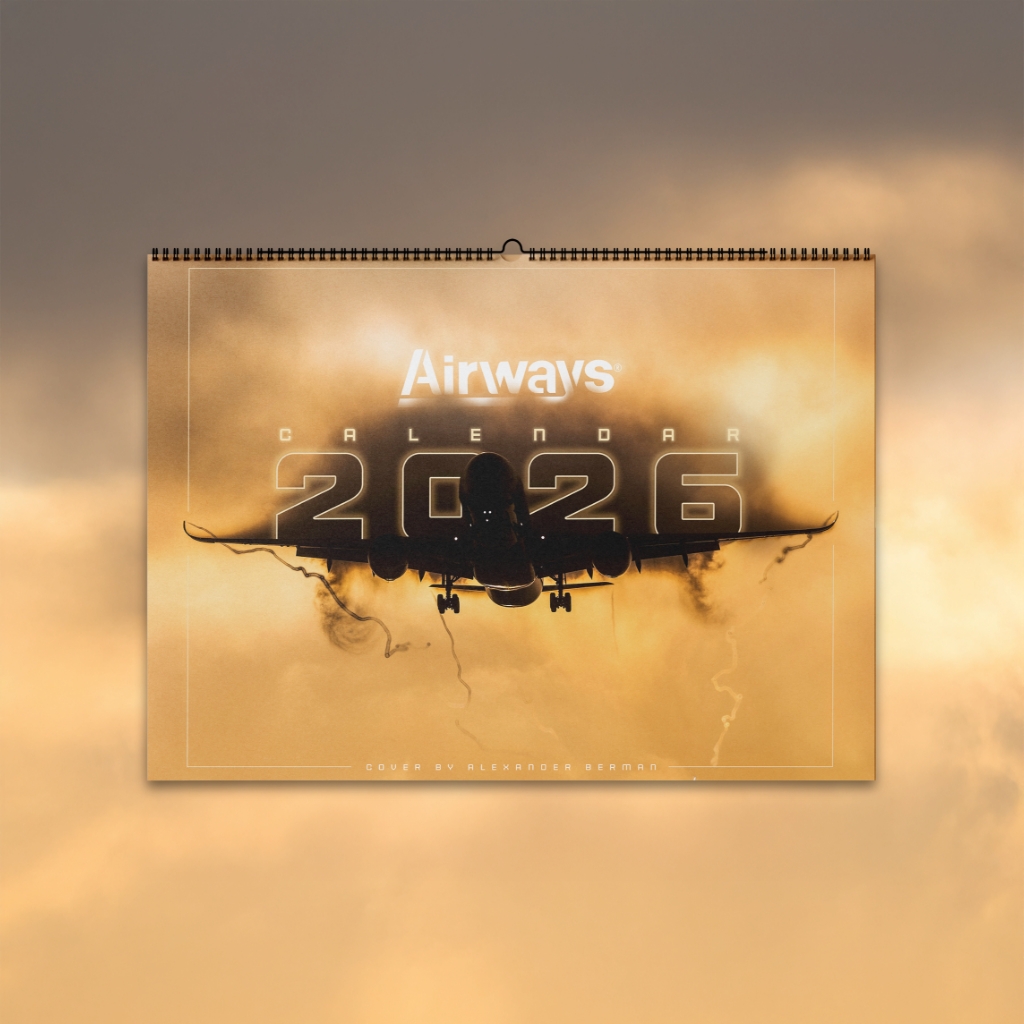DALLAS — Today, in 2003, Concorde, the world's only supersonic passenger airliner, made its final flight in 2003.
Flight BA9010, operated by G-BOAF, the last Supersonic jet to roll off the production line, made a scenic flight from London Heathrow (LHR) over the Bay of Biscay before crossing low over the Clifton Suspension Bridge and touching down at Bristol Filton (FZO).

Promo Star
Concorde made its inaugural flight on March 2, 1969, and although several airlines expressed interest, only British Airways (BA) and Air France (AF) operated the supersonic jet.
The aircraft with the registration G-BOAF was the first in the BA fleet to feature the new 'Utopia' livery, which included the Union Flag design known as Chatham Historic Dockyard. Initially intended for use exclusively on the Concorde, this livery later became the standard for all BA tailfins.
Due to being the first aircraft to showcase this livery, the 'Alpha-Foxtrot' can be seen in most of BA's promotional materials.

End of the Line
The supersonic jet faced a major setback on July 25, 2000, when an Air France Concorde (F-BTSC) crashed shortly after take-off from Paris Charles de Gaulle Airport (CDG), resulting in the tragic loss of all 109 people on board. This incident remains the only crash involving this type of aircraft.
Following the crash, Concorde was immediately grounded while engineers implemented the necessary modifications. These included the addition of Kevlar lining to the wings, reinforced tires, and armor-plated wiring, all aimed at ensuring that such an accident would never occur again.
On the morning of September 11, 2001, the first Concorde flight with passengers resumed after the grounding. However, the unfolding terrorist attacks in America on that same day dealt a severe blow to the future of the Concorde.
In response to declining support, Airbus announced that they would discontinue maintenance services for Concorde, leaving BA and AF with no choice but to announce the retirement of the iconic aircraft on April 10, 2003.
The final passenger flight of the Concorde arrived at LHR from John F. Kennedy Airport (JFK) on October 24, 2003. Subsequently, BA's fleet of supersonic jets was relocated to museums worldwide, marking the end of the Concorde era.
The Last Concorde
The aircraft with the registration G-BOAF (216) was the last Concorde to be produced in 1978. Additionally, it holds the distinction of being the final aircraft ever built at Filton, which is recognized as the world's oldest aviation plant.
Following its decommissioning in December 2003, Concorde 216 was parked on Filton Airfield during the winter months while preparations were made for its new exhibition space. In August 2004, the Concorde at Filton opened its doors to the public, providing an opportunity for aviation enthusiasts to get up close with this historic aircraft.
The renowned Bristol Aircraft Company produced 'Alpha Foxtrot', which was outfitted with the legendary Olympus 593 engines. Before Rolls-Royce took over the role, Bristol Aircraft Business had created and manufactured the formidable engines, which were essential to Concorde's performance.

Featured image: 'Alpha Foxtrot' was the first Concorde to appear in BA's Chatham Historic Dockyard scheme.




